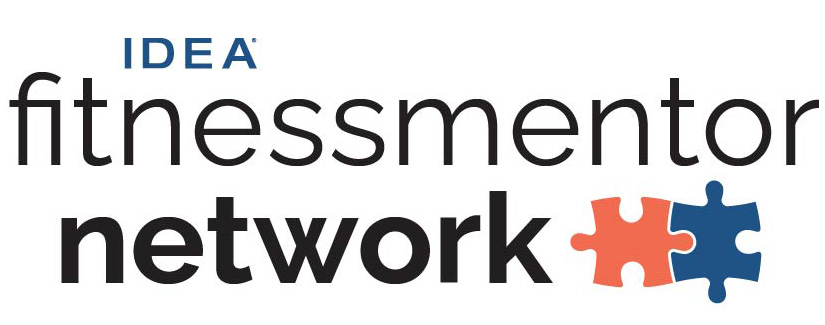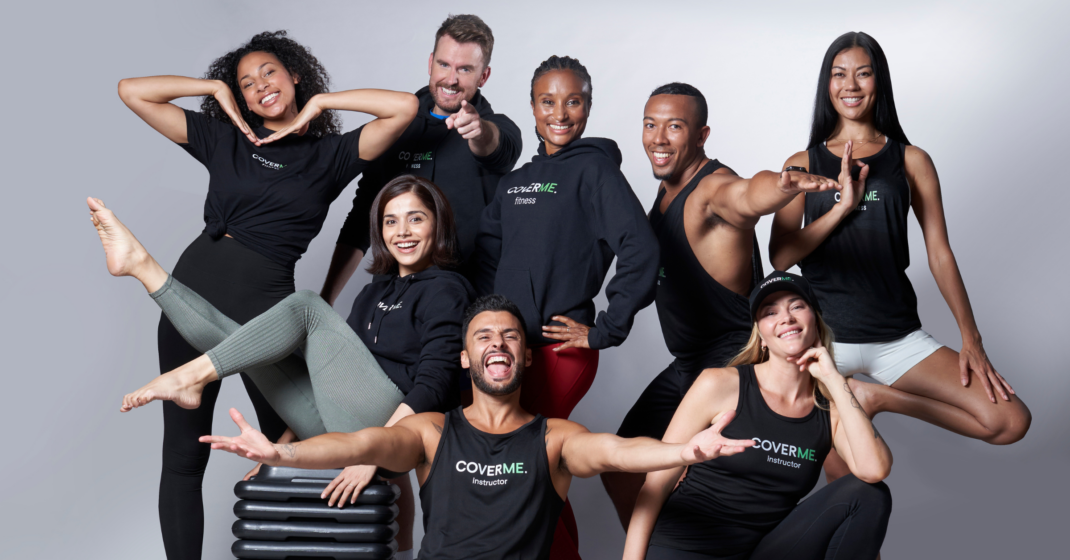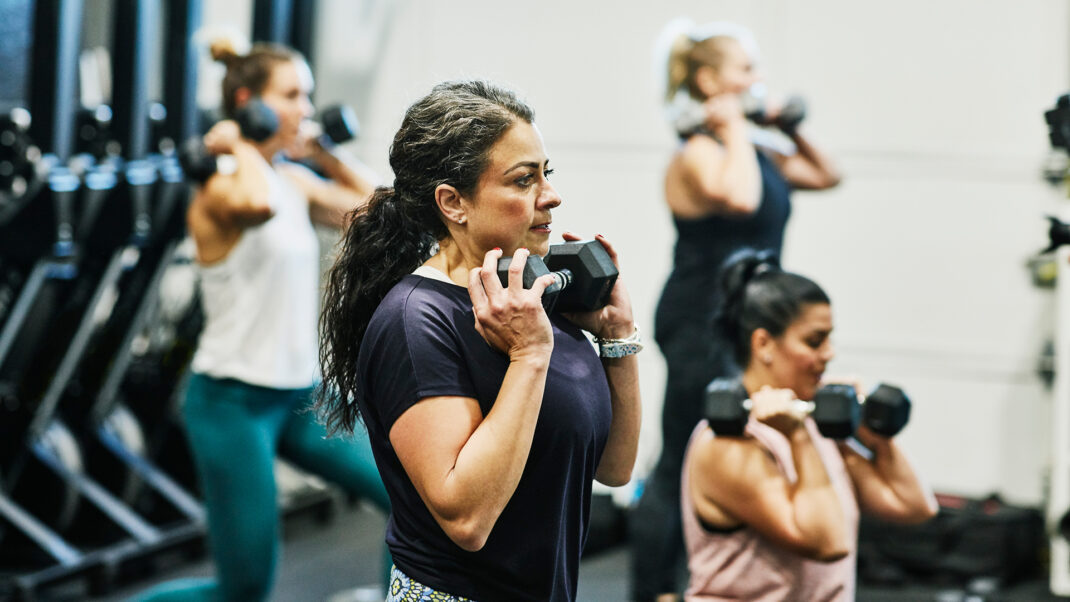How to be a Great Mentor
Prepare interns to be the best they can be and get the most from your investment.

When considering how to be a great mentor, we should start with the knowledge that internships are a fact of life in the fitness industry. All major degree programs related to fitness or exercise science require that students complete an internship prior to earning a degree. Colleges and universities want their students to have real-life work experience when they graduate. Internships help students discover their likes and dislikes; the work also helps them to form professional relationships and to differentiate themselves from the hundreds of other recent graduates vying for the same jobs.
The Relationship Between Successful Interns and Great Mentors
David Curby, PhD, adjunct faculty, exercise and sport studies and student internship supervisor at Benedictine University in Lisle, Illinois, explains further: “Internships are necessary, and students acquire a great deal of technical material [from them]. Our students will be working in a service-based occupation, and an internship is their chance to develop the necessary interpersonal skills to apply their knowledge.”
As a manager, a university supervisor and an actual intern, I’ve had a fair amount of experience with internships. I completed two internships: one for my undergraduate degree and another as a graduate student. My graduate internship was fantastic. The program was highly structured, and my supervisor was an amazing mentor, teacher and advocate. I learned a great deal, and I created valuable connections with professionals whom I still communicate with and respect today.
The undergraduate internship didn’t go as well. Although I was excited and eager to learn, I spent most of my time making photocopies. When I wasn’t stuck in the business office, I was in an empty racquetball court watching the manager’s son whenever the babysitter wasn’t available. I trained one client (I was uncertified), watched a few fitness assessments and tried a group exercise class or two. Being young and inexperienced, I didn’t complain. I simply did as I was told—and as a result, I learned next to nothing.
How to be a Great Mentor: The Foundation Philosophy
If you’re a good manager, you want your interns and future hires to have a more educated experience than the one I’ve just described. Proper internships help our entire profession; mentoring is the key to a bright future. Sadly, some internships are subpar, with the students looked at as free labor and used simply to complete menial tasks. When internships are structured correctly, however, the manager and the student can have a mutually beneficial relationship. Taking on an intern is a bigger decision than you may realize, so here are a few variables to consider.
Why Are You Considering Hiring an Intern?
“For many organizations, interns provide another set of hands and eyes to assist clients who may need more individualized help in group activities,” Curby notes. “Interns can bring a new skill set, and generally they bring a fresh enthusiasm to their new profession.”
In a sense, working with an intern over the course of a semester is basically an extremely in-depth interview. Thus, an internship program is an excellent way to find new staff members. That being said, think about your end goal. Are you passionate about helping young professionals, and are you willing to integrate an intern into your team? Or are you just looking for an inexpensive way to staff your department? Think twice if it’s the latter.
Do You Have the Time and Patience to Work With an Intern?
You may have the best of intentions when hiring an intern, but supervising a new professional takes time and patience. The time investment is very similar to hiring and training a new employee, except that the learning curve may be longer since you are working with a student. An intern supervisor should have ample time to provide guidance, share knowledge and create learning opportunities. Supervisors also need to listen, teach and provide encouragement on a daily basis.
Most undergraduate interns aren’t certified. Initially, at least, they probably won’t be able to independently teach classes or work with clients. An intern who is instructed to “find work to do” may flounder, as most students require a lot of direction. “The best supervisors are mentors who demonstrate their skills and gradually give the intern more and more independence, all while giving feedback and discussing their craft. This requires a balance between just throwing them into tasks without any supervision and taking the ÔÇÿjust be there and watch me’ approach,” advises Curby. If you decide that bringing on an intern is the correct decision, but your time is limited, one option might be to share the responsibility with a trusted staff member or colleague.
For more information, please see “How to Make the Most of Internships” in the online IDEA Library. If you cannot access the full article and would like to, please contact the IDEA Inspired Service Team at (800) 999-4332, ext. 7
Stephanie Vlach, MS
Stephanie Vlach, MS, is a certified fitness professional with 17 years of experience. She has held numerous roles and positions within the industry. Currently, she is a group exercise instructor and freelance writer in the Chicago area. She can be reached at s_vlach@yahoo.com.






